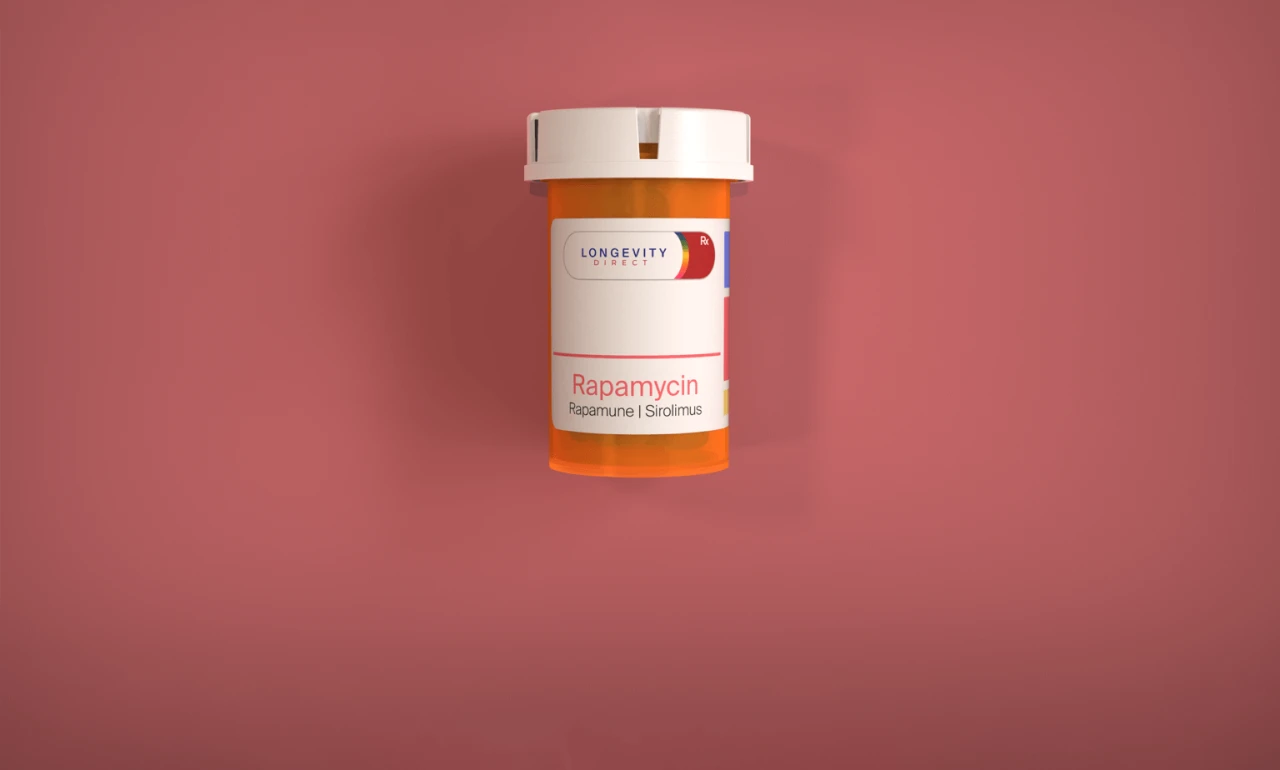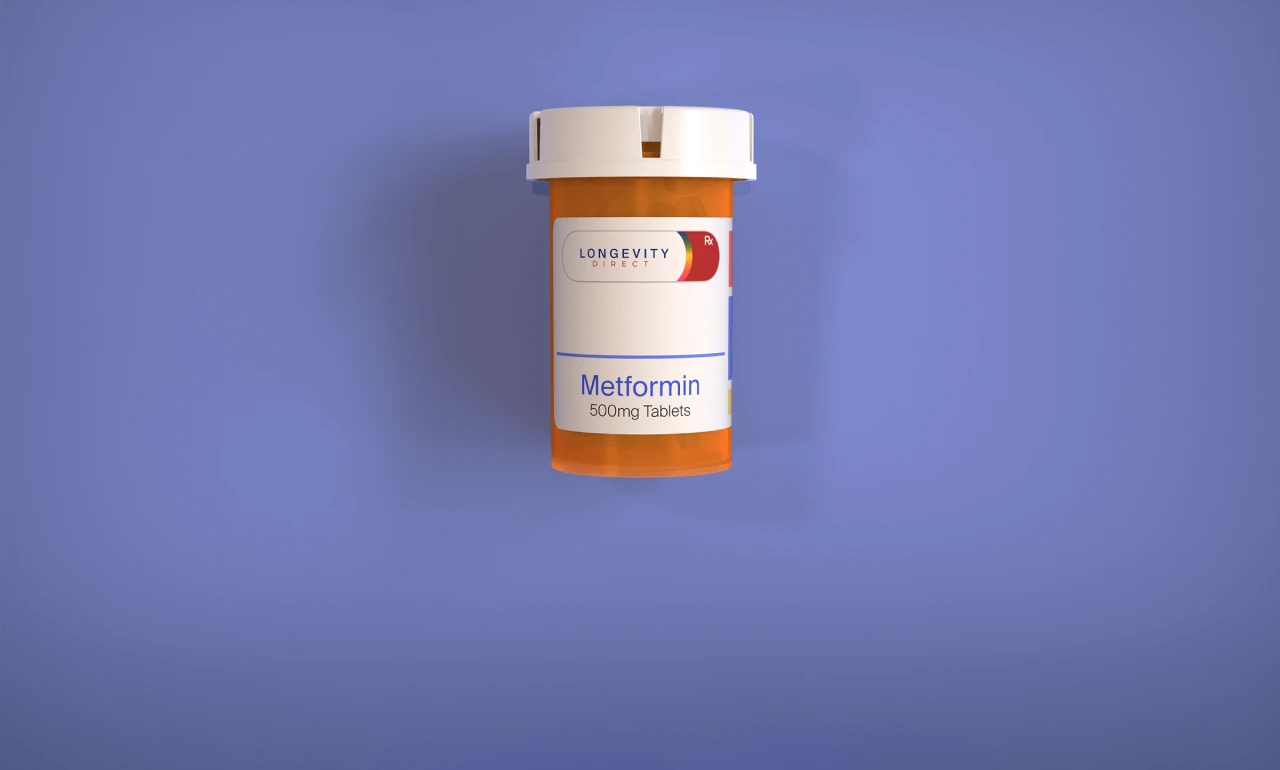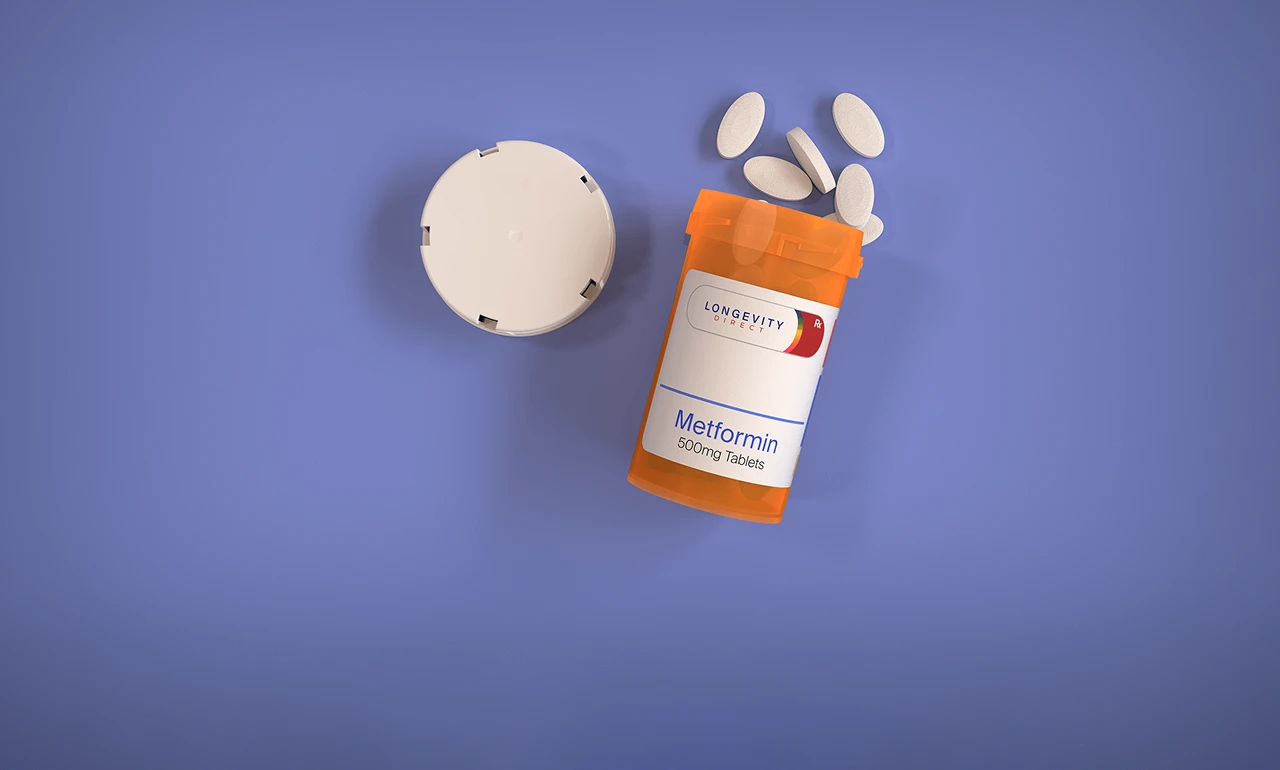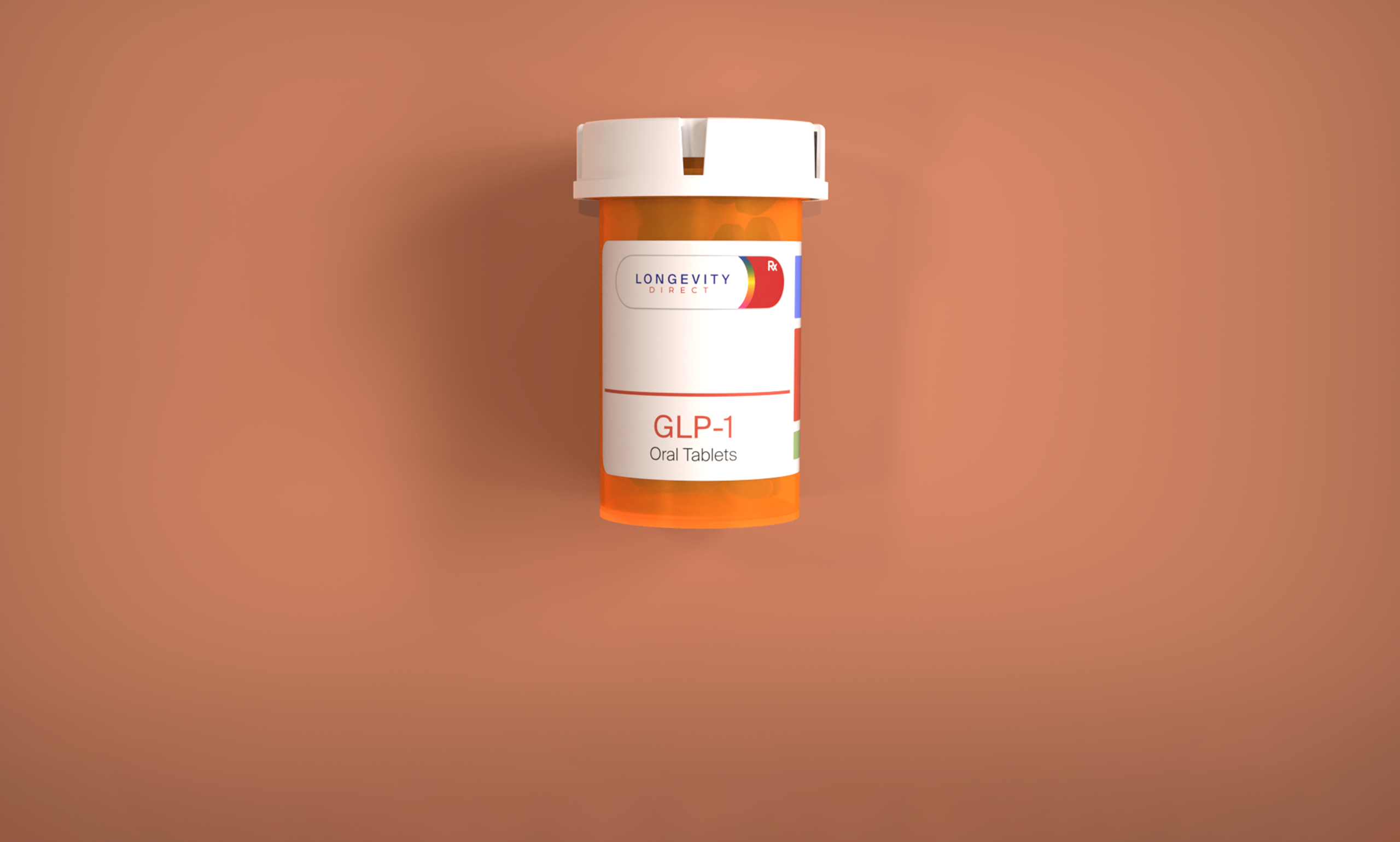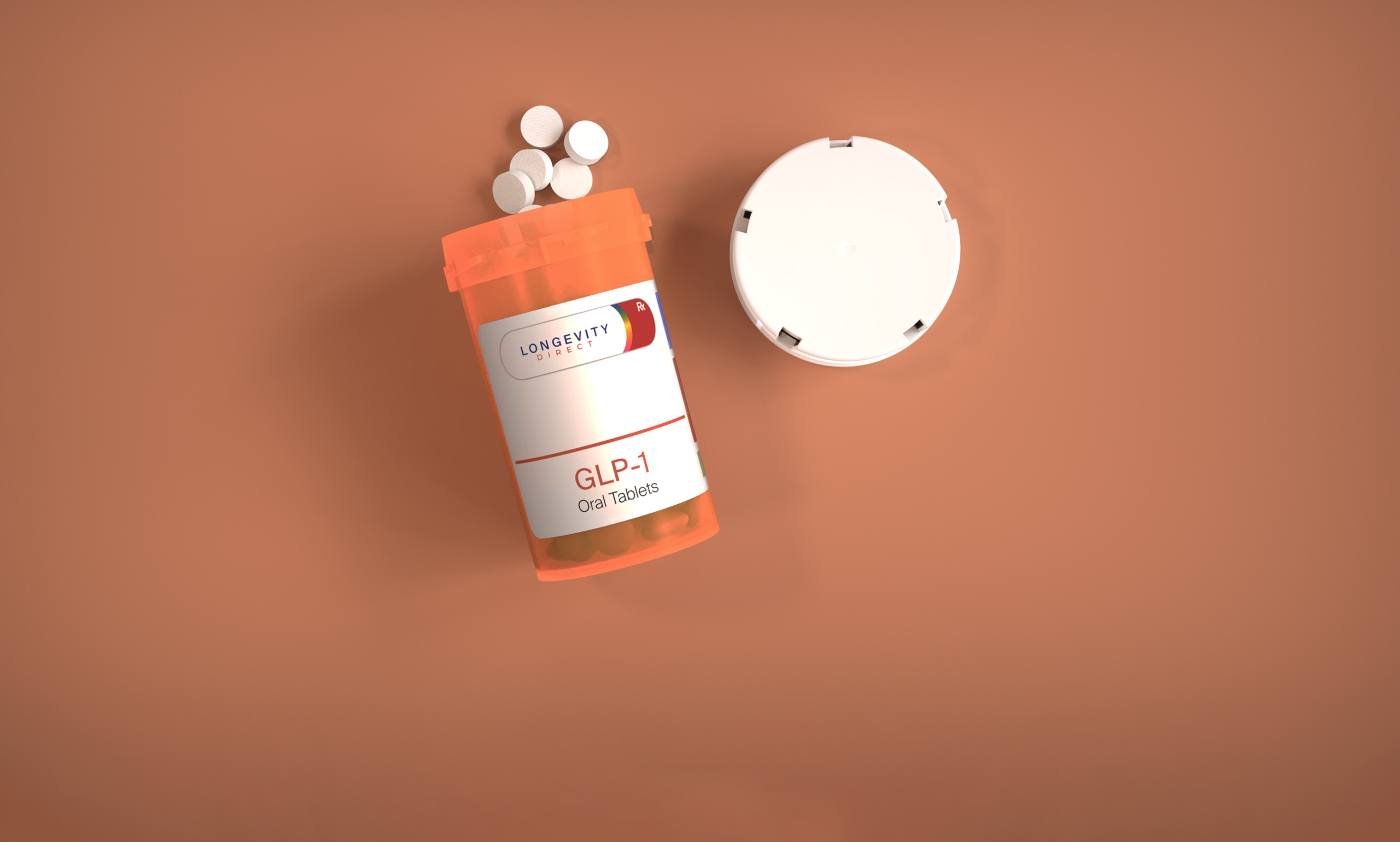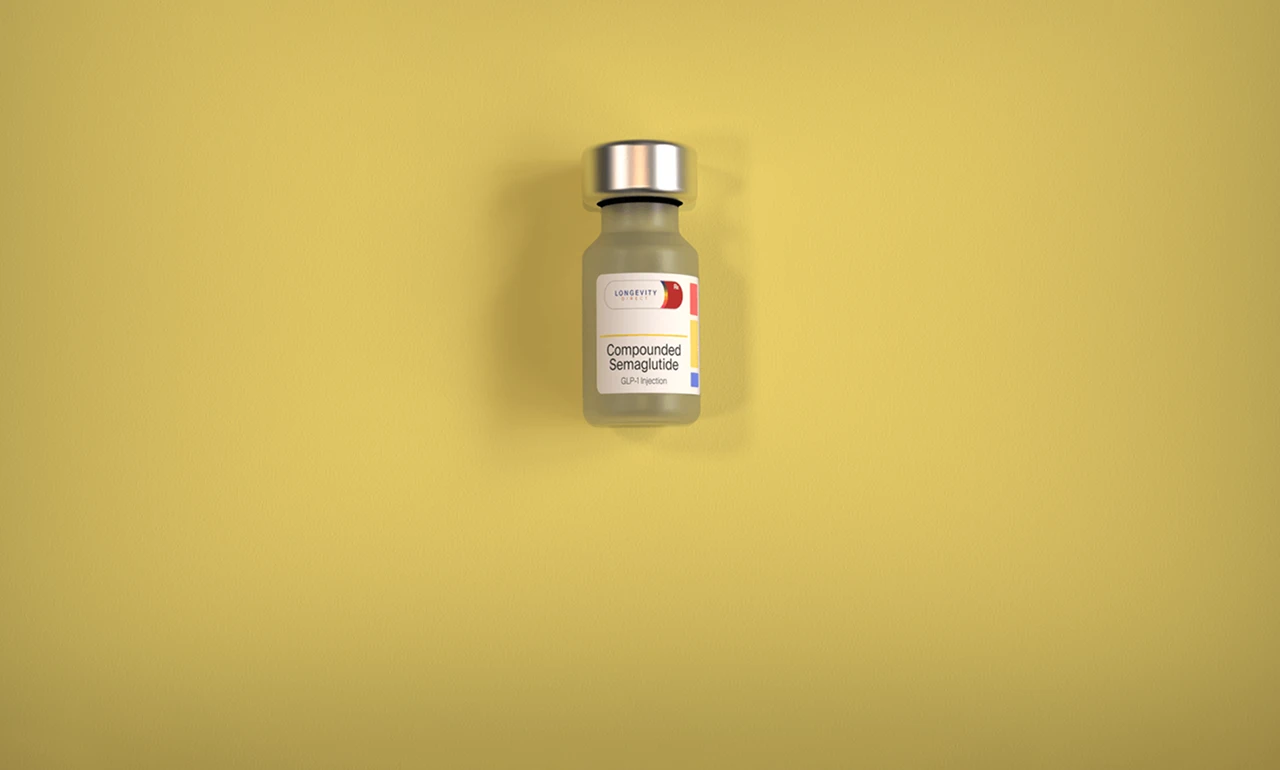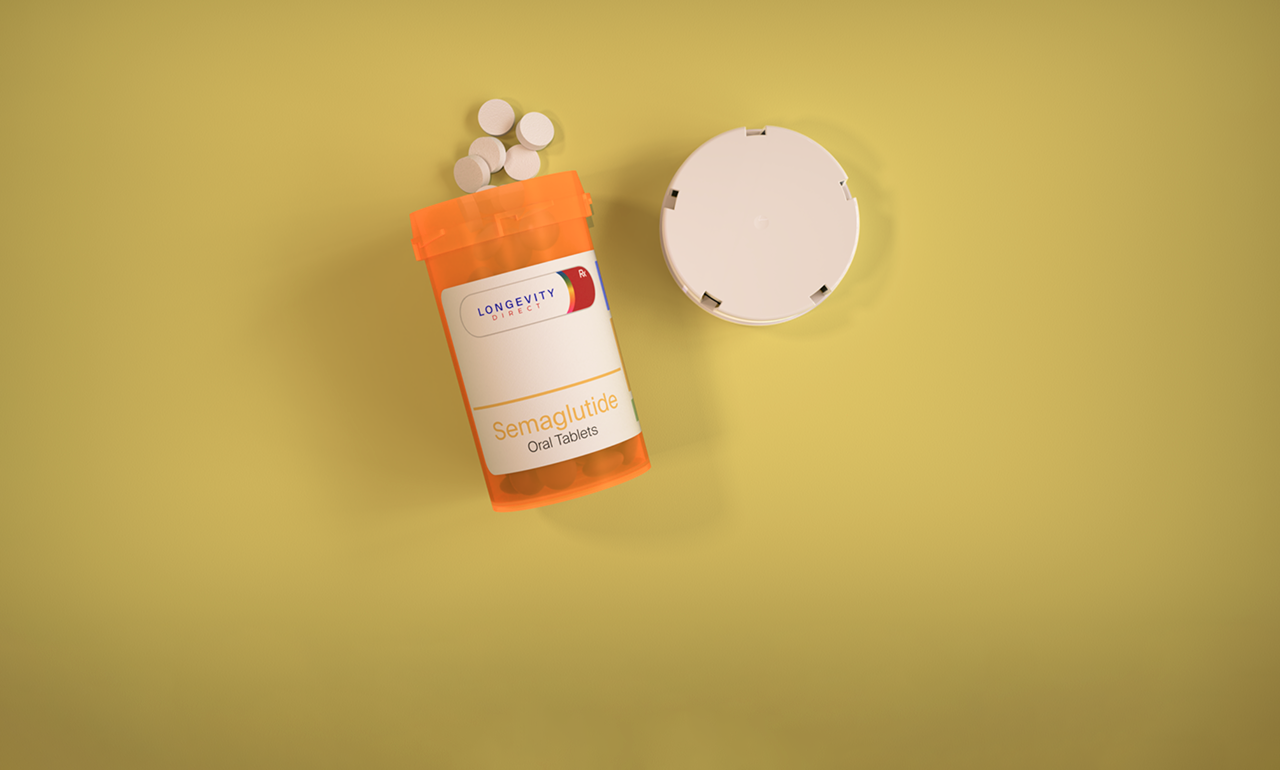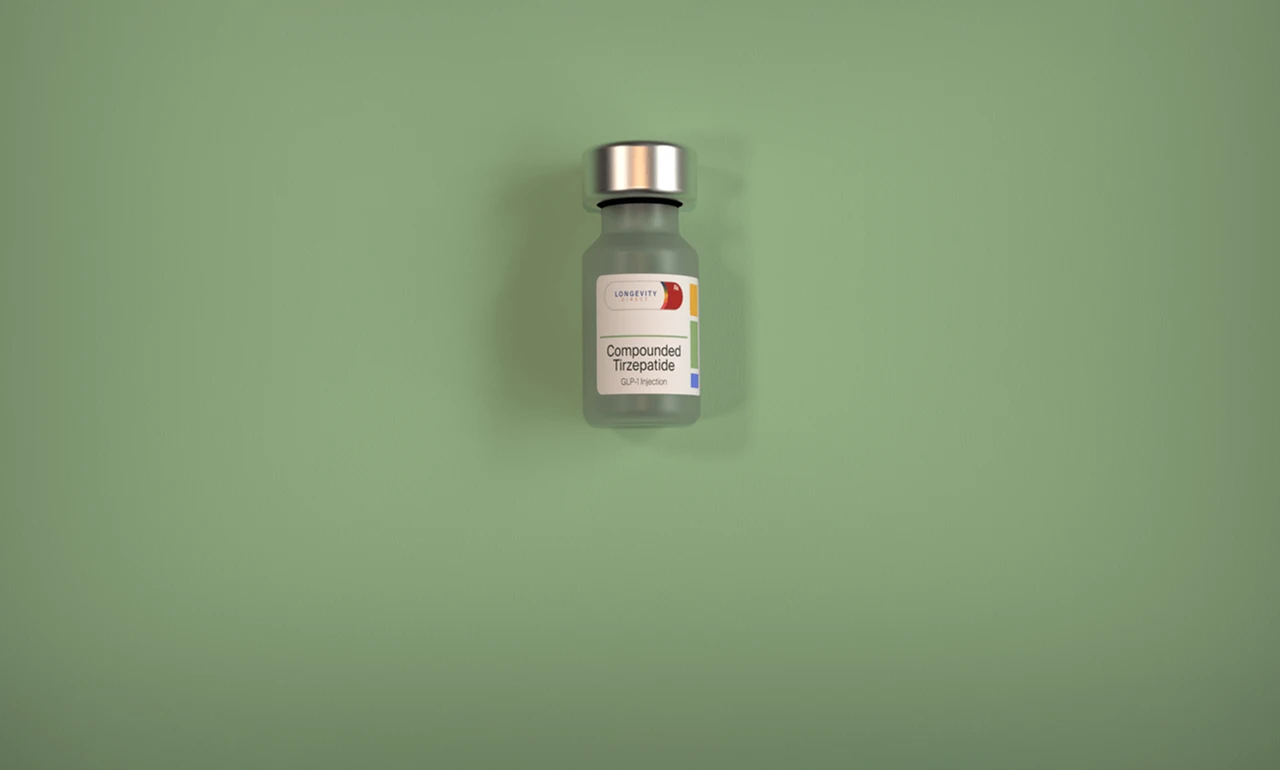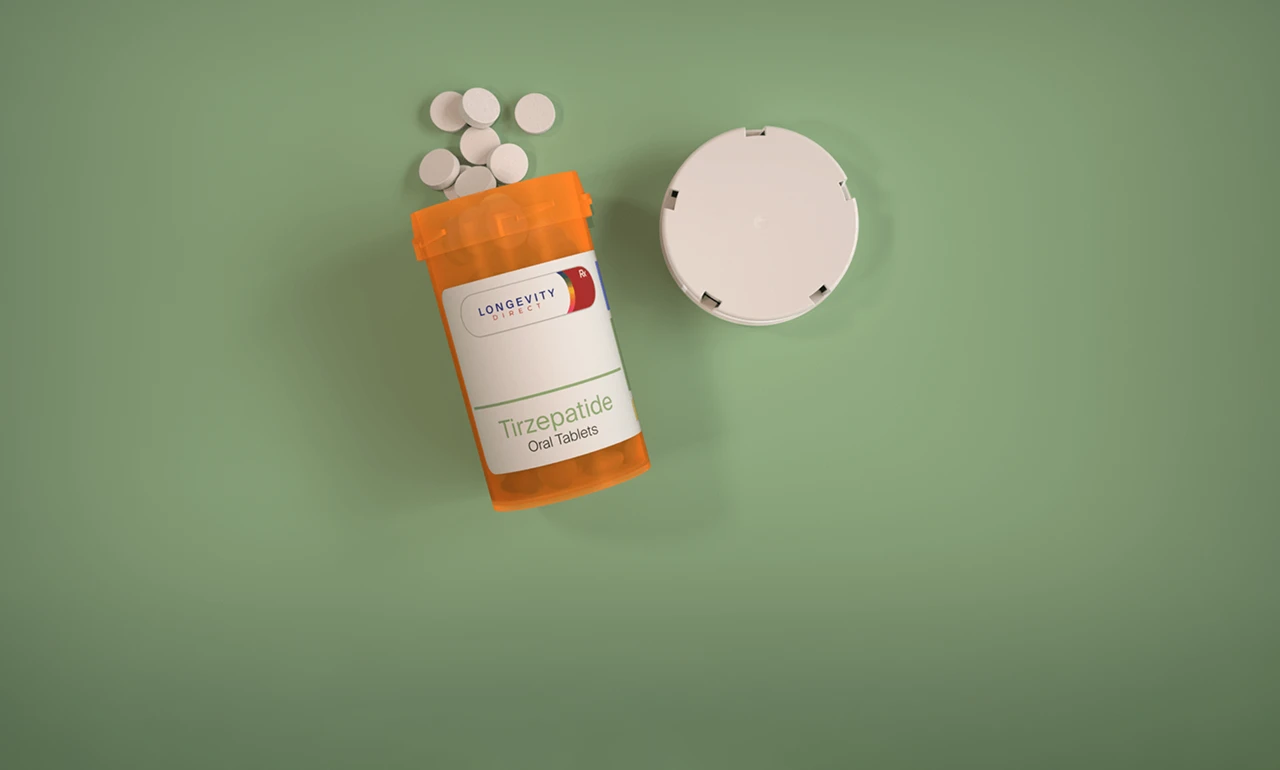Aging with strength.
Men experience age-related muscle loss starting in their 30s, with a decrease in testosterone levels by about 1% per year after the age of 40.
Proactive lifestyle changes can help counteract these effects and support healthy aging.
Stay strong, live long
Aging doesn’t have to mean slowing down. By focusing on the right areas, men can stay strong, vital, and active throughout life.
GET STARTEDGET STARTED
Maintain muscle mass
Build resilience.
Resistance training and balanced nutrition help men retain muscle mass, which supports mobility and strength as they age.

Boost energy and testosterone
Revitalize vitality.
Regular physical activity and a healthy lifestyle help boost testosterone levels, improving energy, mood, and overall vitality.

Improve cardiovascular health
Protect your heart.
Keeping active and maintaining a healthy diet lowers the risk of heart disease, the leading cause of death in men over 50.
Strength, energy, and resilience are key to men’s longevity
Implement these strategies to optimize your health, maintain muscle, and support hormonal balance.
GET STARTEDGET STARTEDStay active with strength training
- Incorporate strength training exercises like weightlifting or resistance bands 2-3 times a week to maintain muscle mass.
- Track your physical activity and strength progress with blēo to ensure consistency.
- The Longevity AI provides personalized workout plans that focus on building muscle and supporting joint health as you age.

Optimize nutrition
- Eat protein-rich foods like lean meats, fish, and legumes to support muscle retention.
- Incorporate healthy fats like avocados and nuts to support testosterone levels and overall vitality.
- Use The Longevity AI to create meal plans that optimize macronutrient intake for muscle health and longevity.

Monitor hormonal health
- Keep track of energy levels, sleep quality, and other key indicators of hormonal balance with blēo.
- Consult your healthcare provider for regular testosterone and hormone level checks as you age.
- The Longevity AI offers insights on how lifestyle factors, like stress and sleep, affect hormonal health, helping you adjust habits to maintain optimal levels.

Support cardiovascular health
- Engage in aerobic exercises like brisk walking, cycling, or swimming to keep your heart healthy.
- Use blēo to monitor your heart rate during activities, ensuring you stay in a healthy range.
- The Longevity AI offers personalized tips for improving cardiovascular health through exercise, nutrition, and lifestyle changes.

Treatments
Clinically validated protocols backed by experts in geroscience. Each one chosen for its proven ability to support healthy aging — stay active, sharp, and present for the years ahead.
